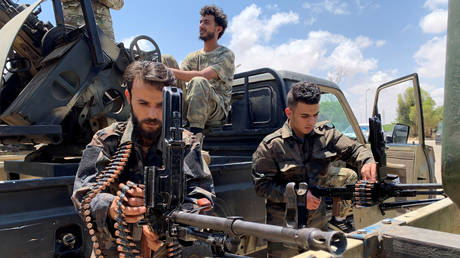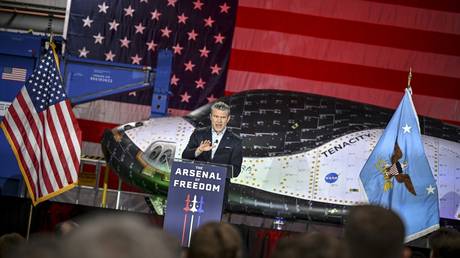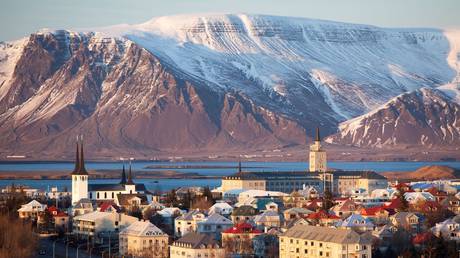
France, Germany, Italy and the United Kingdom have warned that they are prepared to sanction any entity involved in Libyan politics, domestic or foreign, that attempts to obstruct the fragile peace process there.
The four European nations made the statement as they welcomed the results of the first round of the Libyan Political Dialogue Forum (LPDF), and called on “all Libyan and international parties to refrain from any parallel and uncoordinated initiative” and threatening sanctions against those who seek to undermine the process, attempt to plunder state funds or commit human rights abuses.
The forum, which took place in Tunis from November 7 to 15, is seen by the group of countries as a key step in restoring Libya’s sovereignty and re-establishing democratic legitimacy within the country, building on the Geneva ceasefire agreement that was reached in October.
However, there has been some pushback from within Libya over the list of attendees at the UN-backed event. Libyan media cited accusations against those that chose to decide the country’s future, as being too “old guard” and “a recycling of old, failed faces”.
The concerns over the UN’s involvement come despite the European nations accepting that, for Libyans to secure a deal, foreign nations cannot interfere in the process.
Libya has been gripped by a civil war since 2014 until the recent ceasefire, and currently two rival governments are attempting to seize control of the country. Prime Minister Fayez al-Sarraj’s Tripoli-based Government of National Accord (GNA) and General Khalifa Haftar’s Libyan National Army (LNA) both claim they are the rightful leaders of the country. The GNA is backed by the UN and Western nations, including the US, as well as relying on support from Italy, Qatar and Turkey. The LNA is supported by Egypt, France, Jordan, Russia, Saudi Arabia and the UAE.
Like this story? Share it with a friend!




